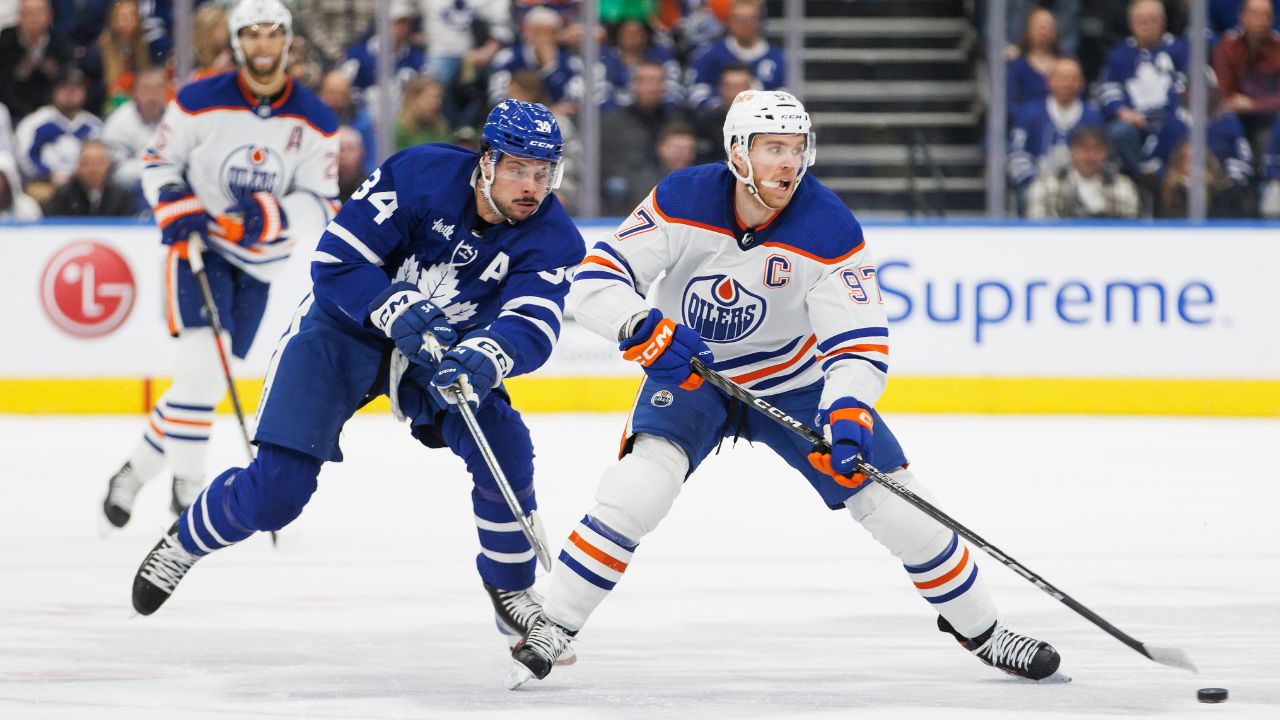
If Ray Bourque had it his way, one of the game’s greatest fairy-tale endings might never have been authored.
“I kind of wanted to go to Philadelphia,” chuckled the 63-year-old Hall of Famer of his deadline deal from Boston to Colorado in 2000.
“If I would have gone to the Flyers I would have been very disappointed, so (Bruins GM) Harry (Sinden) picked the right spot.”
Good luck to any player or agent who uses the trade deadline to try chasing a Cup nowadays.
As one of the biggest names ever traded at the deadline, Bourque serves as a perfect example of just how hard it is to make a late-season swap that puts a team over the top that spring.
As famous as his late-career move was, many people forget Bourque and the Avs fell short in the conference final that spring.
It wasn’t until a year later the Hall of Fame defenceman punctuated his 22-year career with his one and only Stanley Cup.
To put in perspective how rare it is for a deadline deal to end up being the final piece of a team’s championship puzzle, consider that since 1995-96, a total of 1,114 players have been involved in 611 trades in the month leading up to the trade deadline.
Only 44 of those players (less than four per cent) went on to hoist the Stanley Cup later that season.
Last year, only three of the 99 players traded before the deadline wound up winning a ring with Vegas.
Just over two weeks after this year’s deadline, it’s still far too early to figure out which of the 72 players moved this year might have that impact.
In Bourque’s case, it wasn’t until Rob Blake and Steve Reinprecht were added a year later that the Avs finally had enough firepower to help Bourque finish his journey with the emotional Cup handoff he received from Joe Sakic.
He did it at the conclusion of Game 7 in the 2001 Final against a Devils club he also considered asking to be traded to.
“It is so hard to win, and so hard to try picking who will win every year,” said Bourque from his winter home in Florida.
“Hey, look at last year, Florida creeps in and gets to the Finals.
“I’d been to three Finals and the first two we didn’t get a sniff – we won one game. Just to get there it is a grind. I don’t care how talented you are, or if you are the favourites, if you get on a roll you can do damage.
“If you go to a contender, it’s all you want.”
While it’s much more commonplace nowadays for a veteran to ask for a chance to chase a ring, Bourque agonized over the decision before asking Sinden to end his two decades as Boston’s beloved blue liner.
Wanting to stay on the east coast so he could monitor the building of his family’s new home in the Boston suburbs, Bourque assumed he’d soon join Mark Recchi, John LeClair, Eric Lindros and Mikael Renberg on the conference-leading Flyers.
A phone call from Celine Dion’s husband, Rene Angelil, touting the virtues of Colorado, tipped him off that there were more teams in the running than he thought.
When a last-ditch attempt to complete a deal with Bobby Clarke fell through, Bourque got a call from Avalanche GM Pierre Lacroix with news he’d been traded to the Avs, along with Dave Andreychuk. Lacroix immediately passed the phone around to Joe Sakic, Patrick Roy, Adam Foote and Dave Reid, who welcomed the Beantown legend to Denver.
“I never thought I would leave Boston, but I really needed to challenge myself and see if I had anything left in the tank,” said the five-time Norris Trophy winner, who jumped on a plane to Calgary March 6, 2000 and played that night on a stacked roster that also included Peter Forsberg, Alex Tanguay and Milan Hejduk.
“It was the best team I ever played on, from that first game I played in Calgary.
“I remember one of my first shifts making a pass to Hejduk from behind the net, he sprung Joe on a breakaway and he scored. I’m thinking, ‘this is going to be fun.’”
Bourque marvels now at how big a deal the trade deadline has become, and is thankful the rumours that follow every trade candidate weren’t a big part of his experience.
He also feels blessed that he went with his gut and asked for a trade despite the love affair he and the city of Boston had. That relationship endures, as the mayor of Boston held a civic celebration for Bourque following his win.
“I always said I never thought I’d leave to win a Cup, but I just thought it was unfair to be in that environment in Boston,” said Bourque, who will be in Calgary on May 24 to play in the Gordie Howe Cares Pro-Am, where he will also take part in a hot stove luncheon with Gerry Cheevers and Derek Sanderson to celebrate the Bruins’ 100th anniversary.
“I was always one to bring so much energy and fun, and passion to the game every day and it was eating me up. I had to retire or go somewhere.
“That’s the toughest call I ever made, to call Sinden, as to this day I’m loyal to the Bruins and I never thought I’d pull the trigger on something like that. But I had to.”
It worked out.
Eventually.